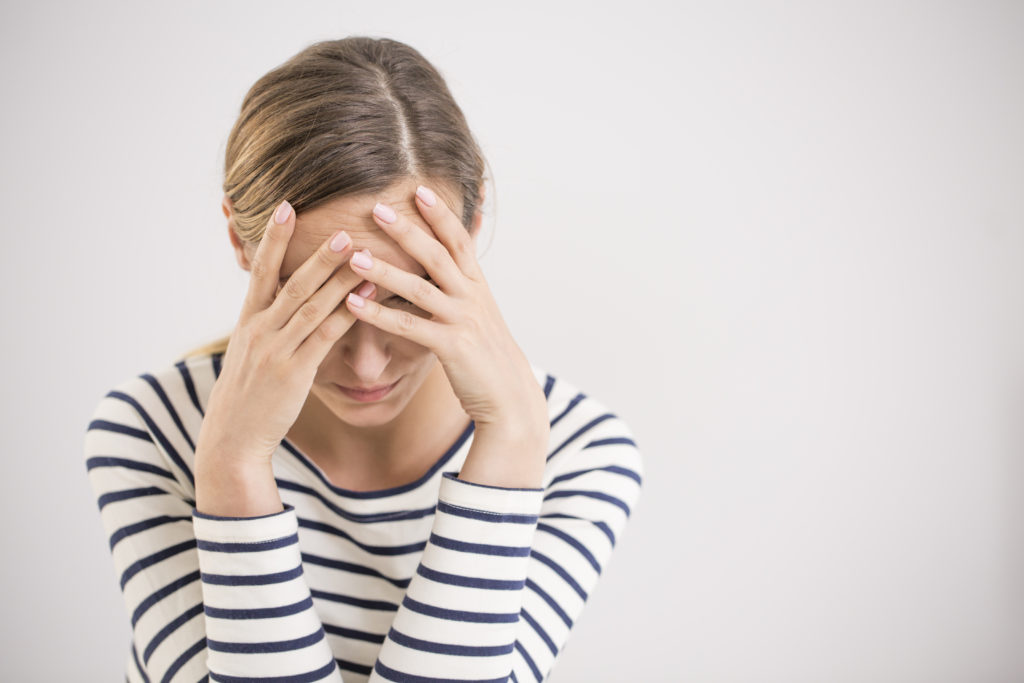
The foods we eat have more to do with the way we feel than most might think
What is Anxiety?
Anxiety adopts the characteristics of nervousness and worry about the outcome of an event that can be expected or is uncertain.
We all feel a little anxious at times, when it comes to things like public speaking, awaiting medical results, prior to an exam. An anxiety naturopath can help when these feelings become overwhelming.
But sometimes, anxious feelings and thoughts can completely consume us, become part of our every day lives in circumstances that would not normally present worry or anxiety.
Some symptoms you may feel could include:
- Uncontrollable restlessness or edginess
- Difficulty turning off thoughts or emotions – often when laying down to sleep
- Constantly dwelling on problems
- Destructive thought patterns
- Crying frequently
- Heightened alertness
- Constant and relentless worry
- Concern over relationships
- Avoidance of certain situations like social events or travel
- Lack of sleep
Who suffers from anxiety?
As one of the most prevalent mental health complaints in Australia, anyone can suffer from anxiety and it is not a personal weakness or flaw. Women are more likely than men to report or seek help for anxiety and other mental illnesses.
What life attributes can trigger anxiety?
Almost any life attribute that has a sense of uncertainty. This would be from stress related to a job, finances or relationships or, it could be a change in life, such as becoming parents for the first time, choosing a new career or moving from high school to adulthood.
Prevention and treatment
An anxiety naturopath can help identify lifestyle factors that play a significant role in how anxiety presents and can dictate someone’s ability to cope with stressful and anxious situations, these factors include:
- Quality sleep and good sleeping habits
- Exercise (suited to your body and capabilities)
- A healthy diet filled with brain building and calming foods
- Reducing nutritional deficiencies such as iron, calcium, health fats and proteins
- Meditative techniques may help to calm the mind
- Support from a counselling professional is important when anxiety becomes unmanageable and sometimes before this point.
- Getting out and enjoying nature
- Pets may also be a comforting help in anxious situations
There is no need to suffer alone, there are a range of professional supports around you…
As an experienced anxiety naturopath, Danielle can work with you to develop a dietary plan that supports a healthy mind and has been demonstrated in research to reduce anxiety and its associated symptoms – CALL NOW

